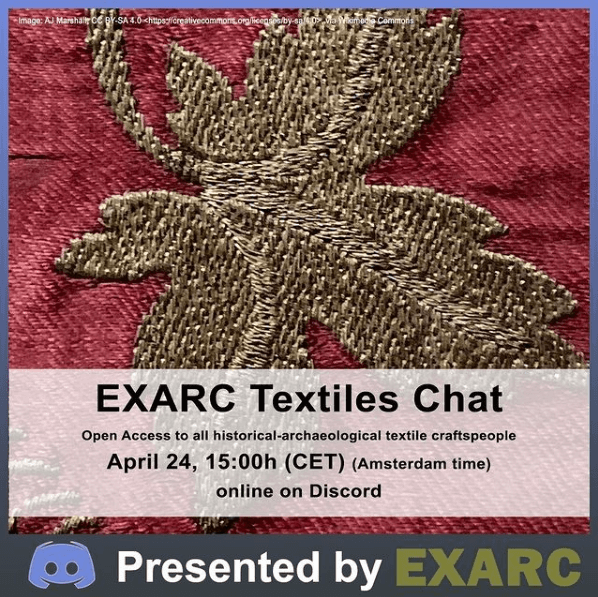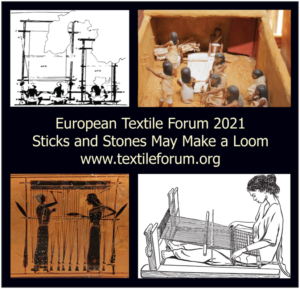This year looks much better for in-person, on-site conferences than last year - though there's nothing really secure still at the moment. However, not only the Textile Forum is betting on everything being good enough, EXAR is also planning a conference this year.
It will take place in Perl-Borg, in a Roman villa museum; I've been there several times for Reenactment fairs, and it's a really beautiful place with lovely people running it. The EXARC conference is scheduled for September 23-26, and the topic is "Experimental Archaeology in Science and Education 2021". The Call for Papers is open until July 31, and registration for the conference is open as well. You can
find out more about the conference here, and also register for it.
Talks will be in English and German, with a yet unknown ratio of the two languages. The board asks that slides for the presentations should be bilingual or in the other language than the one used for speaking so that everyone can follow along somehow.
I'm absolutely delighted that EXAR is using this as their current solution to the language dilemma - the society has developed into a larger, more international one from a purely German start, and a lot of the older members struggle with English as a conference and conversation language. Mind you, some of that struggle is probably due to the fact that Germans often underestimate their abilities in speaking and understanding English, and are a bit shy to use a foreign language because they feel self-conscious for all their mistakes.
I'm a proper German in that regard as well, by the way. I like to get everything right, and I do have to tell myself all the time that making mistakes is not bad, not speaking or writing to practise the other language is bad - and if that means making mistakes, that's good. It has gotten better recently with my wholesale slaughtering of the poor Finnish language, and the medieval French lessons where I also enthusiastically threw around interpretations that turned out to be, um... not quite matching the original content of the text. There was lots of learning that way, though.
It did help that the others in the study group also ventured forth with things they were not sure about, too. So offering up tentative solutions, or trying to talk about something where you might be a bit creative with vocabulary or pronounciation does not only help yourself to learn - it also helps others to maybe be more courageous. Good things all around!






